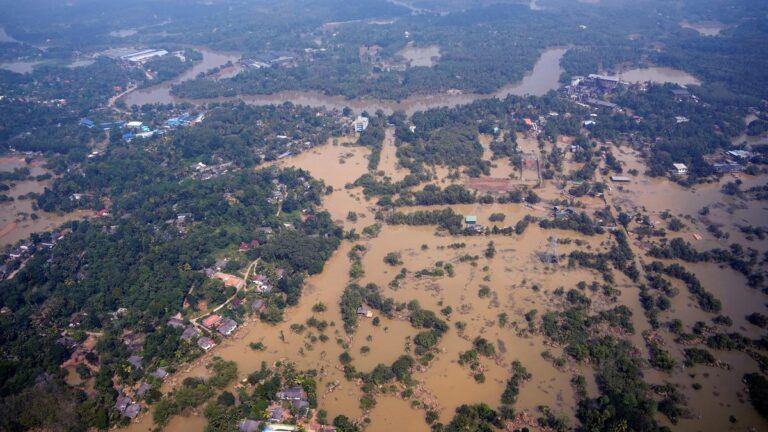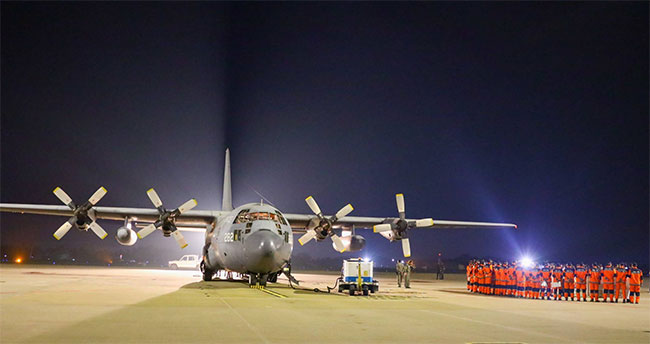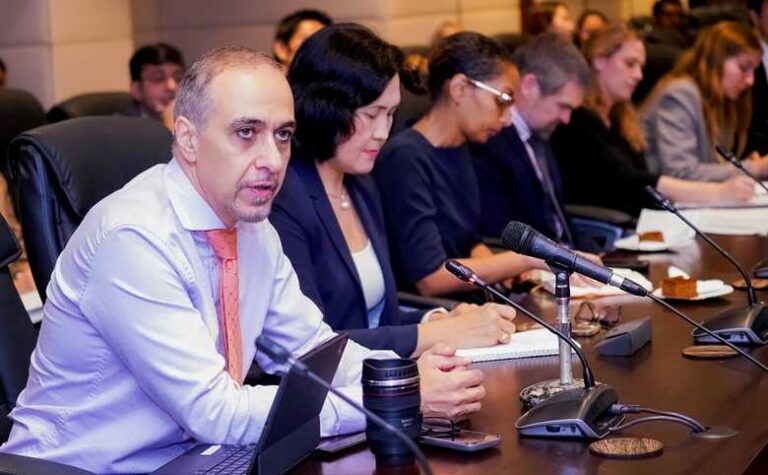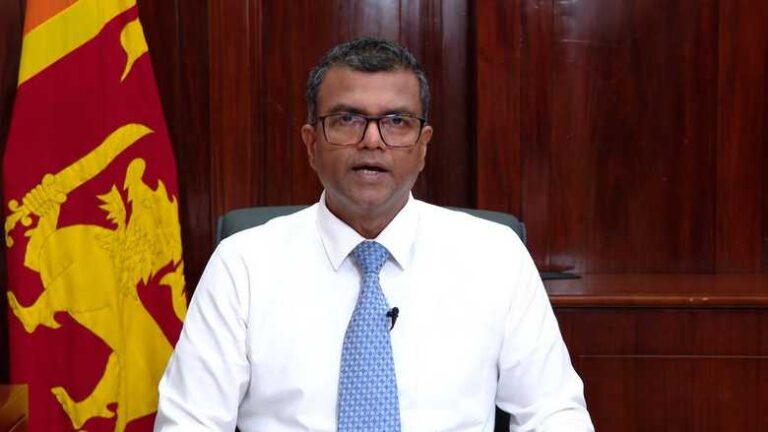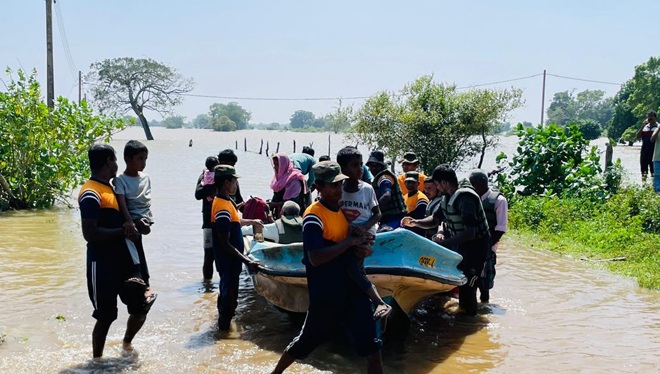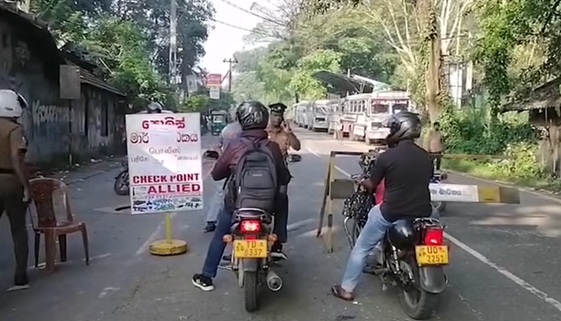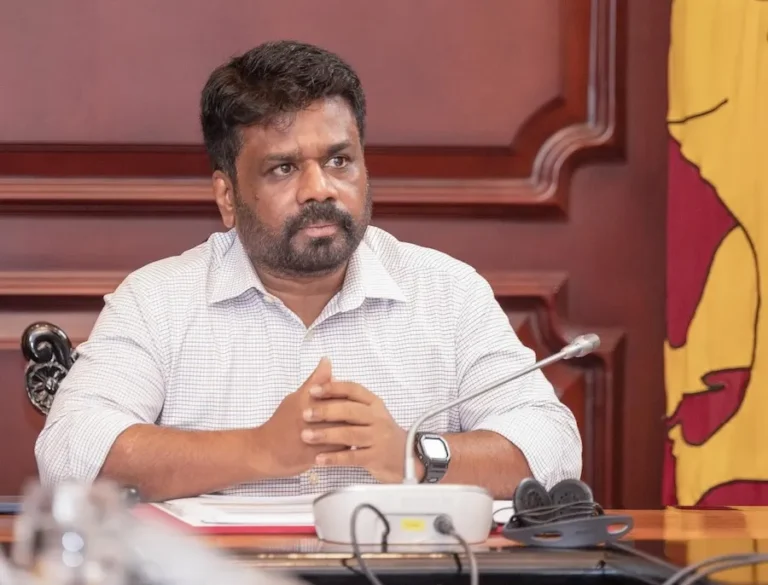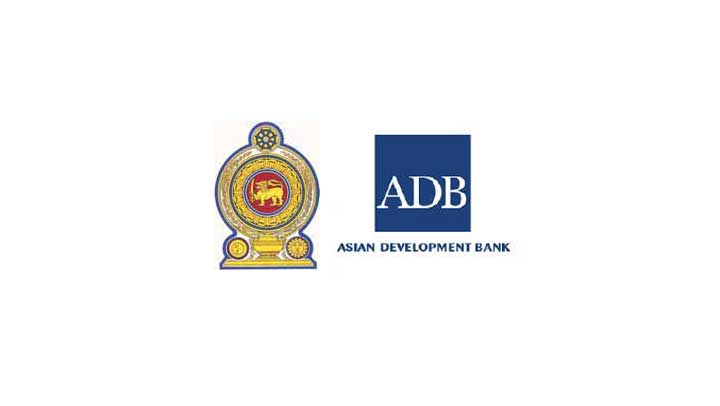December 04, Colombo (LNW): The Australian Government has pledged an additional US$2.5 million in aid for Sri Lanka, bringing its total support in response to Cyclone Ditwah to US$3.5 million.
The announcement comes as Canberra steps up efforts to assist countries across Southeast Asia affected by recent extreme weather events.
According to the Ministry of Foreign Affairs, Australia is coordinating with governments in Sri Lanka, the Philippines, Thailand, and Vietnam to provide urgent assistance through both Australian non-governmental organisations and the United Nations.
The expanded funding will help address immediate humanitarian needs, including food, clean water, emergency shelter, and sanitation.
Since October, Australia’s regional aid has exceeded US$14 million, supporting a combination of local and international partners in delivering life-saving assistance to communities impacted by floods, cyclones, earthquakes, and landslides.
The support also targets vulnerable groups, including women, children, and persons with disabilities, while offering essential health and education services to displaced populations.
Minister for Foreign Affairs Penny Wong emphasised Australia’s commitment to standing by its neighbours:
“Our thoughts are with all those affected by the recent floods and devastation in Southeast Asia and Sri Lanka. We are working with our partners in the region to deliver life-saving assistance to accelerate their response. Australia is committed to supporting our neighbours in good times and bad – we are a partner our region can count on.”
The Ministry confirmed that Canberra will continue collaborating with regional governments and agencies to strengthen disaster response, prioritising both urgent relief and longer-term recovery initiatives.

